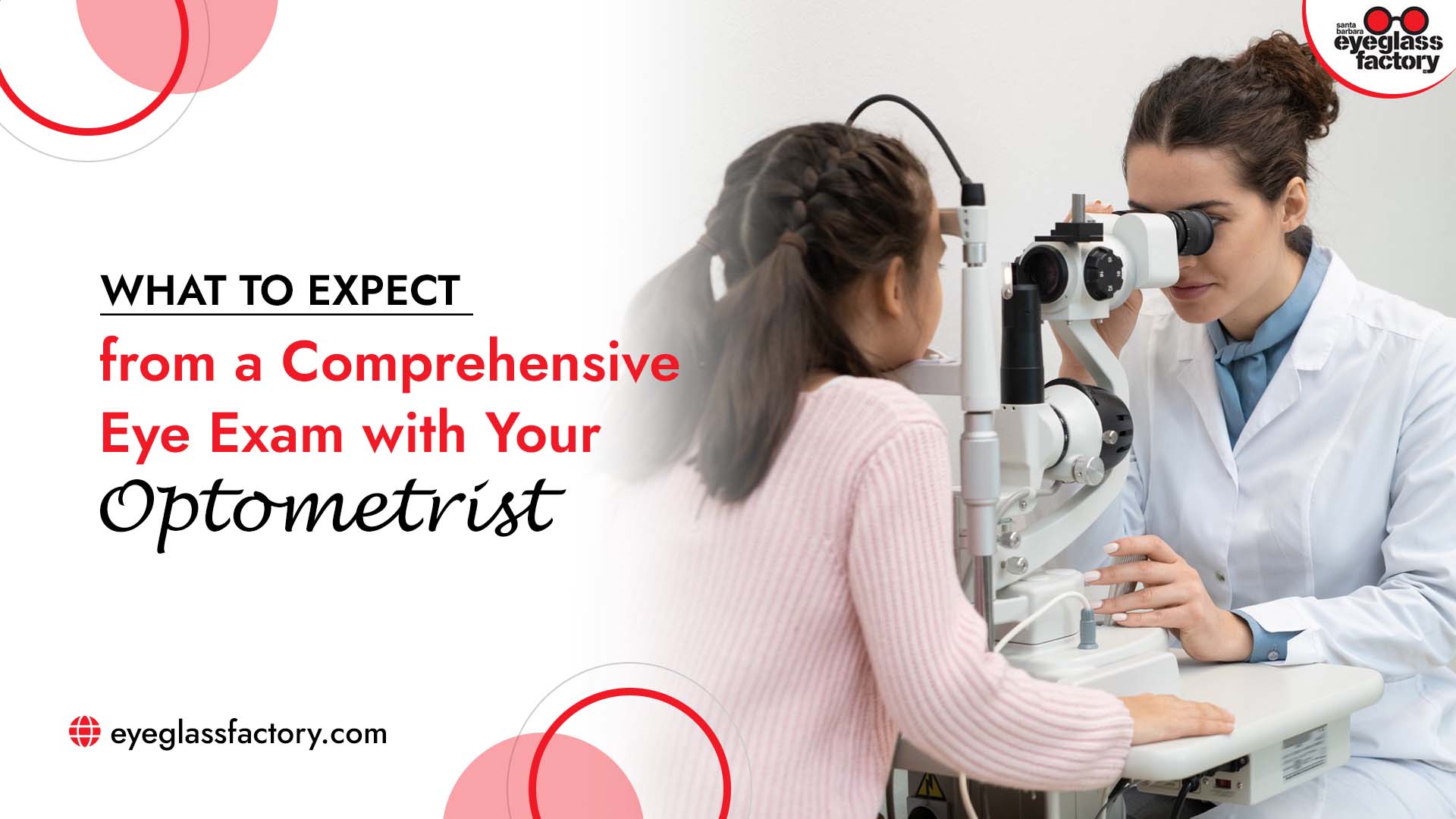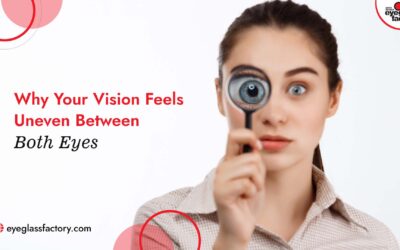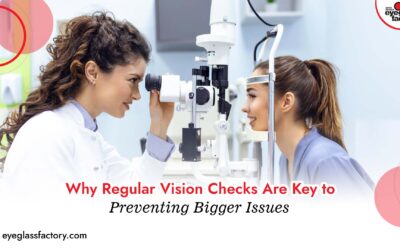An Essential Part of Maintaining Health: Regular Eye Exams go further than just taking care of the health of your eyes; they take care of the body at large. If it’s been a while since your last appointment or you are about to make your first one, gain more confidence in understanding what is likely to happen by knowing something about a comprehensive eye exam and what might be asked.
The Importance of Comprehensive Eye Exams
A comprehensive eye exam does much more than determine your prescription for glasses or contacts. It is a key contributor to the early detection of conditions such as glaucoma, macular degeneration and cataracts. Many systemic health problems, including diabetes and high blood pressure, can also be picked up during an eye health evaluation.
If you see your eye optometrist regularly, your vision remains sharp and your eyes remain healthy, regardless of whether you wear corrective lenses at present.
Before the Exam
Before any actual eye tests start, a few questions are asked by the optometrist or technician about your vision and medical history. Be ready to provide answers regarding:
- Current sight problems
- Your general health and medicines
- Your family’s eye care background
- Your way of life and the amount of your daily computer or TV consumption
- Whether you are a glasses wearer, contact lens user, or neither
This information collected should help the eye optometrist plan the exam to suit your particular needs.
Common Tests of a Comprehensive Eye Exam
In the examination, your eye optometrist will conduct several standard tests, including:
1. Visual Acuity Test
This test measures the sharpness of your vision by using a standardised eye chart. You will be asked to read some letters or symbols from a distance.
2. Refraction Test
This test helps determine your exact glasses or contact lens prescription. You will look through a piece of equipment known as the phoropter as the optometrist shifts lenses to find out which delivers your clearest vision.
3. Eye Muscle
The optometrist will assess the ability of your eyes to work together to help you see in three dimensions and with coordinating radial nystagmus, a form of diplopia caused by too strong or weak an ocular muscle.
4. Pupil Response
This checks how your pupils respond to light and movement, which helps assess neurological function and eye health.
5. Slit-Lamp Examination
With a high-powered microscope, the optometrist will look at the front part of your eyes, including the cornea, iris, and lens, to see if there are any abnormalities or diseases present.
6. Tonometry
It measures the pressure inside the eye, screening for glaucoma. A quick puff of air or a small device which touches your eye lightly is often used for this test.
Additional Tests You Might Have
Depending upon your age, symptoms, or medical history, your optometrist may recommend the following extra tests, including:
- Retinal imaging or dilation will provide a more extensive view of the inner eye
- Color vision testing helps detect color blindness and optic nerve problems
- Visual field test: checks peripheral vision for signs of loss
- OCT scan (Optical Coherence Tomography): will take detailed images of your retina
These extra tests yield a deeper look at your eye health assessment, especially if you’re at increased risk for certain conditions.
After the Exam: Understanding Your Results
After all the tests, your eye optometrist will discuss your results with you. If a prescription is needed (glasses or contacts), they’ll explain the choices and help you decide. Most importantly, should any signs of eye disease or vision problems be discovered, you’ll be guided on what to do next – whether it’s making lifestyle changes, having further tests, or beginning treatment.
This would also be an excellent time to ask questions and discuss protective habits, such as wearing sunglasses with UV protection or taking a break now and then from long-screen use.
Conclusion
It is a very important step for a comprehensive eye examination to ensure that you live a more long-term benefit, health-wise and overall and not just for seeing more clearly: It’s about catching potential problems early and making informed decisions on how you care for them.
For your forthcoming eye health evaluation, go and find a good optometrist near you and get the attention that your vision deserves. It will be a head start of some sort for when you start losing your sight many years from now.




